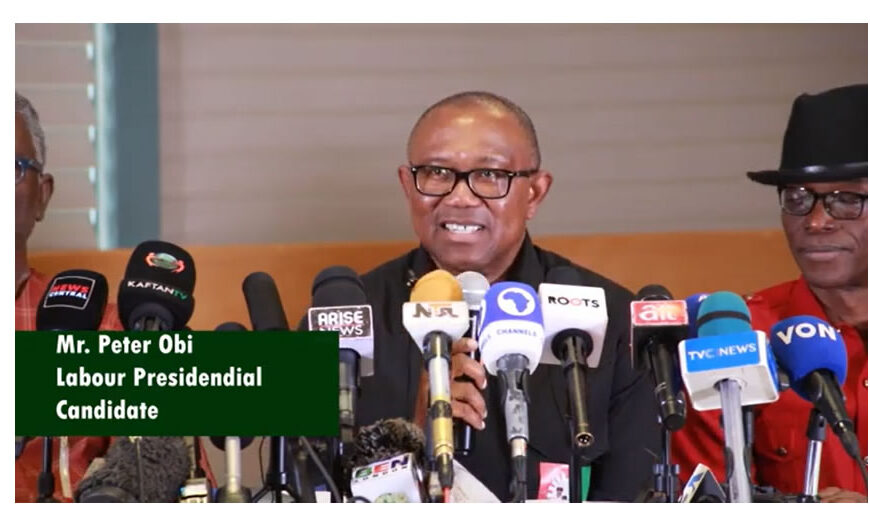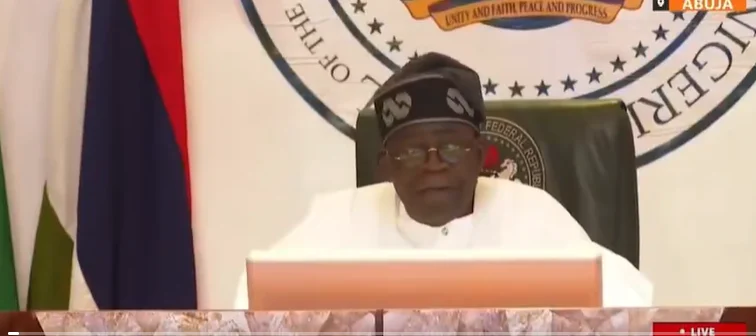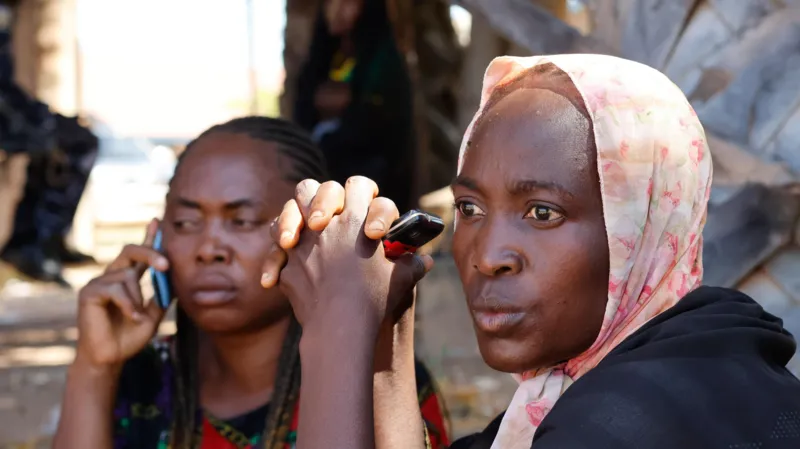Senator Natasha Akpoti-Uduaghan, representing Kogi Central, remains barred from the National Assembly Complex following her controversial suspension by the Nigerian Senate earlier this year. The move has ignited national debate over legislative overreach, gender rights, and freedom of expression within the halls of power.

The Background
The crisis began in February 2025 when Senator Akpoti-Uduaghan publicly accused Senate President Godswill Akpabio of sexual harassment. In a televised interview, she alleged that Akpabio made inappropriate remarks and advances, suggesting her legislative work would benefit if she visited his private residence. Akpabio has denied the allegations, describing them as baseless and politically motivated.
Following the accusations, the Senate’s Ethics, Privileges and Public Petitions Committee initially dismissed her petition on technical grounds, claiming it was improperly signed. A revised petition was later accepted, but the Committee never formally investigated the harassment claims.
Suspension and Barring
On March 6, 2025, the Senate voted to suspend Akpoti-Uduaghan for six months. The official reasons cited included insubordination, refusal to sit in a reassigned seat, and “unruly behavior” during plenary sessions. Notably, the suspension did not address the sexual harassment allegations at the heart of the controversy.
As part of the suspension:
- Akpoti-Uduaghan’s access to the National Assembly Complex was revoked.
- Her office was locked, and her legislative aides were relieved of duties.
- Security details were withdrawn.
- She was removed from all Senate committees and official foreign delegations.
Legal observers argue that the six-month suspension exceeds the Senate’s constitutional authority, which allows for no more than 14 days of suspension without a formal criminal conviction or court order.
Legal Battles and Court Intervention
In June 2025, the Federal High Court in Abuja ruled the suspension unlawful and ordered her reinstatement. The court also fined Akpoti-Uduaghan ₦5 million for contempt, citing her violation of a court order prohibiting media discussions on the matter.
Despite the court ruling, Akpoti-Uduaghan has not resumed her legislative duties. According to her media team, she is awaiting the Certified True Copy (CTC) of the judgment before formally reentering the Senate chambers.
Public and Civil Society Reaction
The suspension sparked national and international backlash. Protests were staged in Lagos, Enugu, Edo, and Kaduna, with demonstrators chanting “We Are All Natasha” in solidarity. Women’s rights organizations, civil society groups, and prominent legal experts condemned the Senate’s actions as an abuse of power and an attempt to silence a woman who spoke out against harassment.
Former Senate President Bukola Saraki and advocacy group SERAP (Socio-Economic Rights and Accountability Project) have called for her immediate reinstatement. Legal experts also emphasized that disregarding a court injunction to proceed with suspension proceedings sets a dangerous precedent for democratic governance.
Broader Implications
The case has reignited debate over gender representation and safety in Nigerian politics. With only three female senators currently serving in the 109-member chamber, critics argue that the Senate’s handling of the situation reflects deep-rooted gender bias and a culture of institutional impunity.
Many see the barring of Akpoti-Uduaghan from the National Assembly Complex as not just a punitive measure, but a symbolic attempt to silence female political voices in Nigeria.
What’s Next?
As of July 2025, Senator Akpoti-Uduaghan remains effectively sidelined from Senate activities. With mounting legal and public pressure, her eventual return could redefine the legislative conversation around harassment, gender equality, and constitutional rights in Nigeria’s democracy.

















